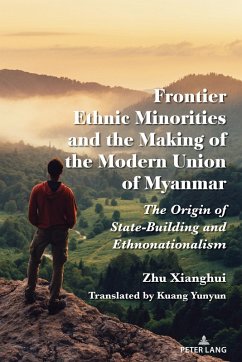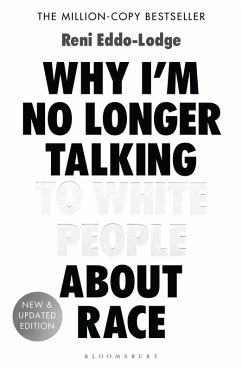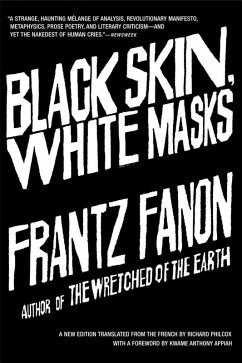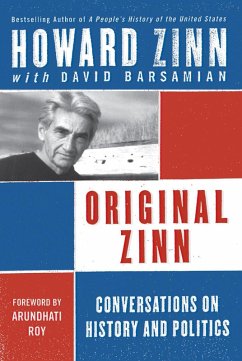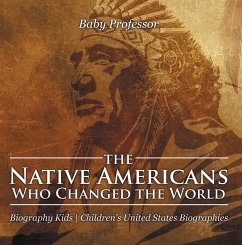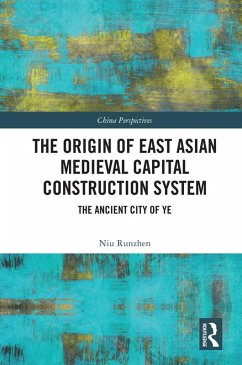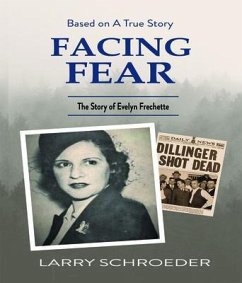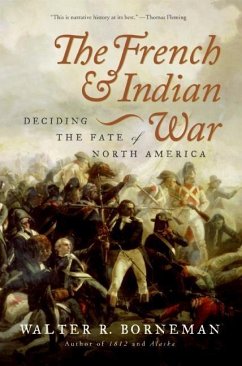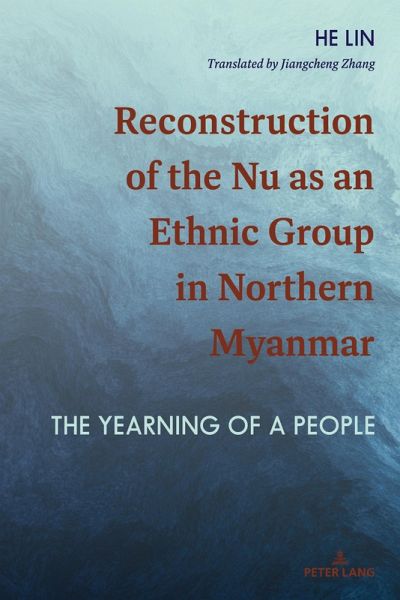
Reconstruction of the Nu as an Ethnic Group in Northern Myanmar (eBook, ePUB)
Versandkostenfrei!
Sofort per Download lieferbar
Statt: 89,95 €**
66,95 €
inkl. MwSt.
**Preis der gedruckten Ausgabe (Gebundenes Buch)
Alle Infos zum eBook verschenkenWeitere Ausgaben:

PAYBACK Punkte
33 °P sammeln!
What makes a people so persistently guard its ethnic name, even at the expense of reconstructing its cultural entities? The Nu in northern Myanmar originated from the Anung and Nusu branches of the Chinese Nu people in the Nujiang River valley. In Myanmar's contemporary ethnic construction, the Nu failed to acquire an ethnic identity commensurate with their ethnic name, thus giving rise to their movement of ethnic reconstruction. Out of the need to retain their own language and culture and acquire their ethnic identity, the Anung and Nusu, who had little interaction with each other in history,...
What makes a people so persistently guard its ethnic name, even at the expense of reconstructing its cultural entities? The Nu in northern Myanmar originated from the Anung and Nusu branches of the Chinese Nu people in the Nujiang River valley. In Myanmar's contemporary ethnic construction, the Nu failed to acquire an ethnic identity commensurate with their ethnic name, thus giving rise to their movement of ethnic reconstruction. Out of the need to retain their own language and culture and acquire their ethnic identity, the Anung and Nusu, who had little interaction with each other in history, have become united. Referring to the Chinese Nu people's construction pattern, they have reconstructed the Myanmar Nu people as a complete ethnic entity by enhancing their social identity, reshaping their cultural traditions, and creating their writing system, along with a Nu language-based Christian theological system, in the hope of eventually gaining recognition from various other ethnic groups in Kachin and of the Myanmar government.
Dieser Download kann aus rechtlichen Gründen nur mit Rechnungsadresse in A, B, BG, CY, CZ, D, DK, EW, E, FIN, F, GR, HR, H, IRL, I, LT, L, LR, M, NL, PL, P, R, S, SLO, SK ausgeliefert werden.




